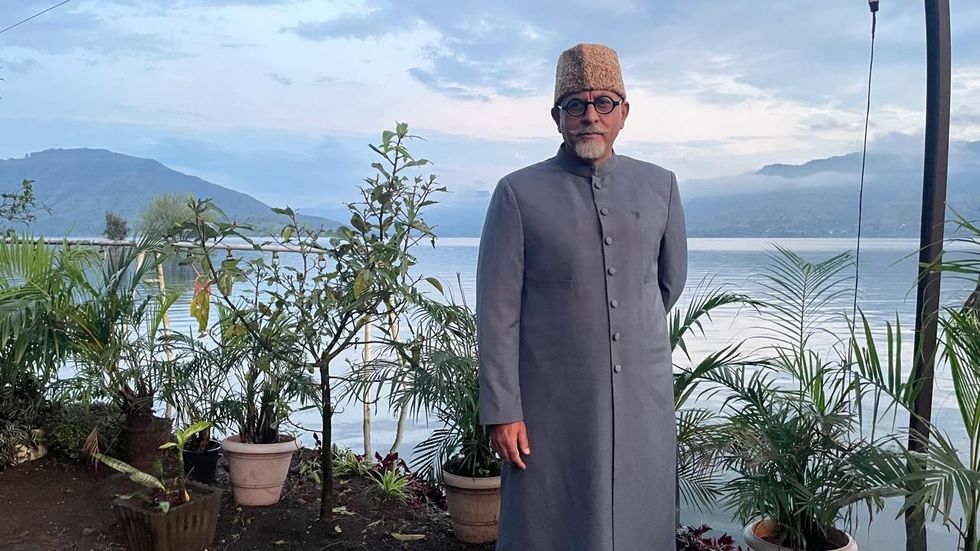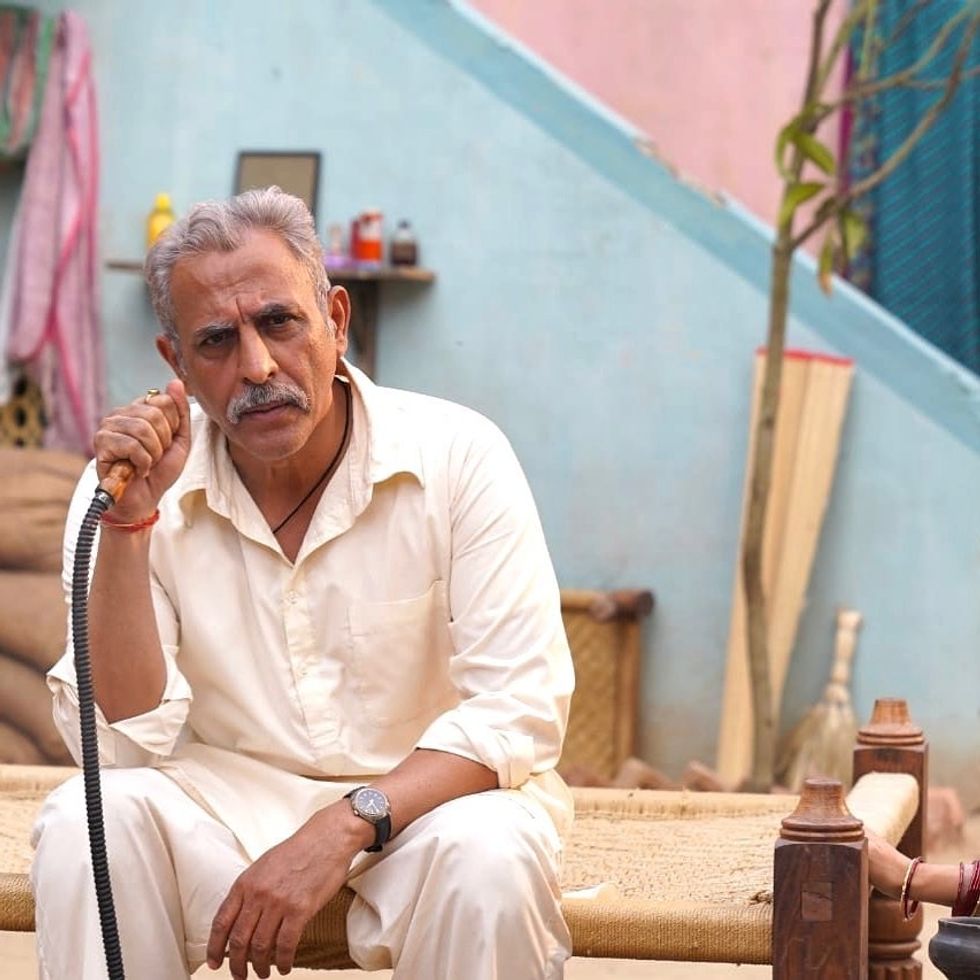NARAYANA MURTHY, the co-founder of Infosys and father-in-law of former UK prime minister Rishi Sunak, has reignited controversy with his advocacy for a 70-hour work week.
Speaking at a leadership summit, the 78-year-old billionaire criticised the notion of "work-life balance," describing it as detrimental to India’s productivity.
Murthy expressed disappointment over India’s shift to a five-day work week in 1986, calling the change a missed opportunity for economic growth.
“Frankly, I was not happy when we moved from a six-day week to a five-day week. In this country, there is no substitute for hard work, even if you’re the most intelligent person,” he was quoted as saying.
He cited Indian prime minister Narendra Modi as an example of relentless dedication, claiming Modi works up to 100 hours a week without holidays.
According to him, hard work is crucial if India is to compete globally and urged young people to take responsibility for the nation’s progress.
“In this country, there’s no substitute for hard work. Even the smartest people must work hard. I stand by my opinion and will hold onto it until my last breath," he said.
“My request to youngsters is simple: say, ‘This is my country, and I’m willing to work 70 hours a week."
Murthy reflected on his own career, during which he worked 14-hour days, six and a half days a week. “I’m very proud of it,” he remarked, maintaining that his views on hard work are deeply ingrained and unchangeable.
Murthy’s remarks have sparked widespread debate across India, with critics highlighting the already gruelling work culture many Indians endure. Reports from the International Labour Organisation show that Indian workers clock in over 2,000 hours annually on average—significantly higher than their counterparts in countries like the US and Germany.
For many in India’s informal economy, weekends are a luxury. Labourers, drivers, and delivery workers often work long hours just to make ends meet. However, younger professionals are questioning the practicality of Murthy’s suggestions.
“At the end of the day, companies treat us as numbers. Why should I sacrifice my well-being for a job that offers no security?” said Atish Fernandes, a 28-year-old web designer from Delhi. “We value a balanced life over burning out.”





















 Chopra in Freedom at Midnight
Chopra in Freedom at Midnight The Family Man; and Saand Ki Aankh
The Family Man; and Saand Ki Aankh

